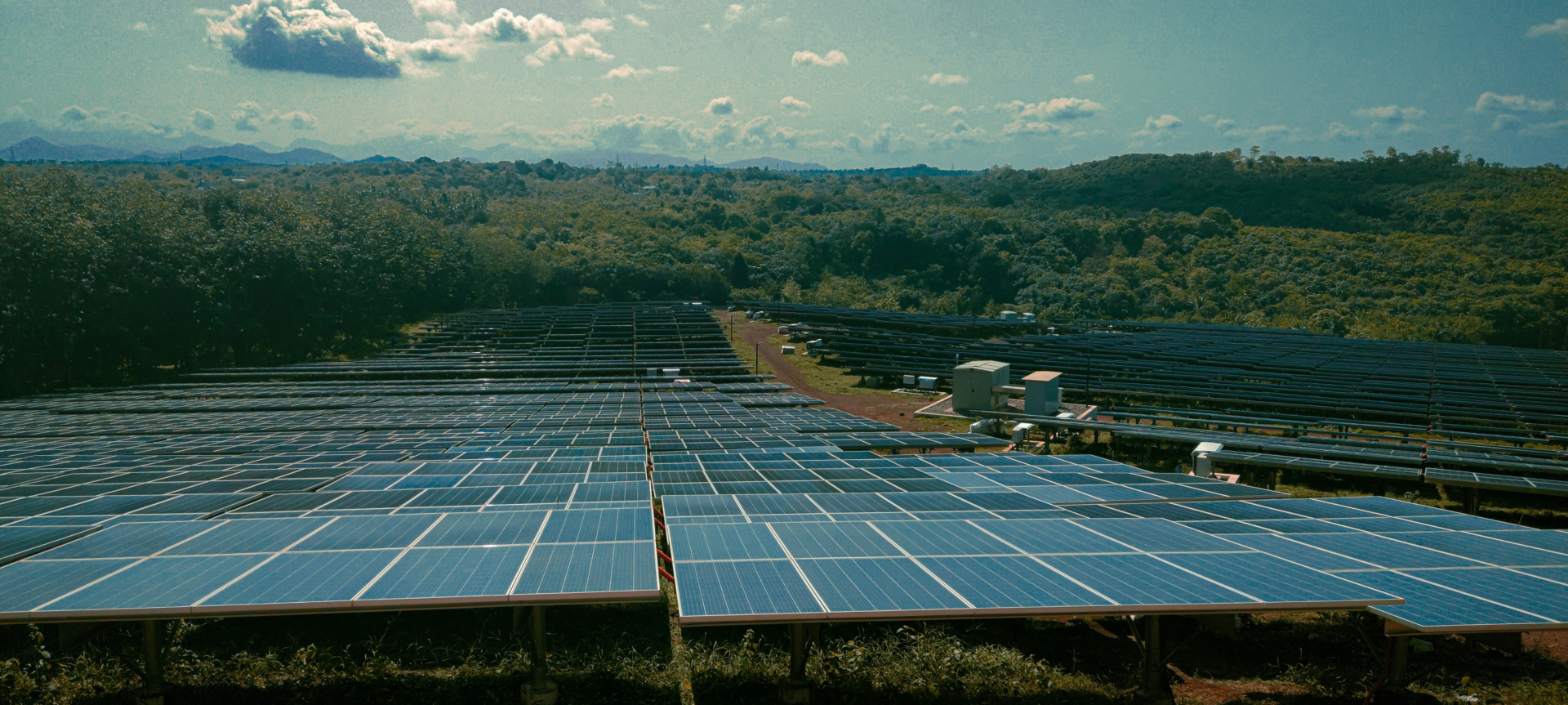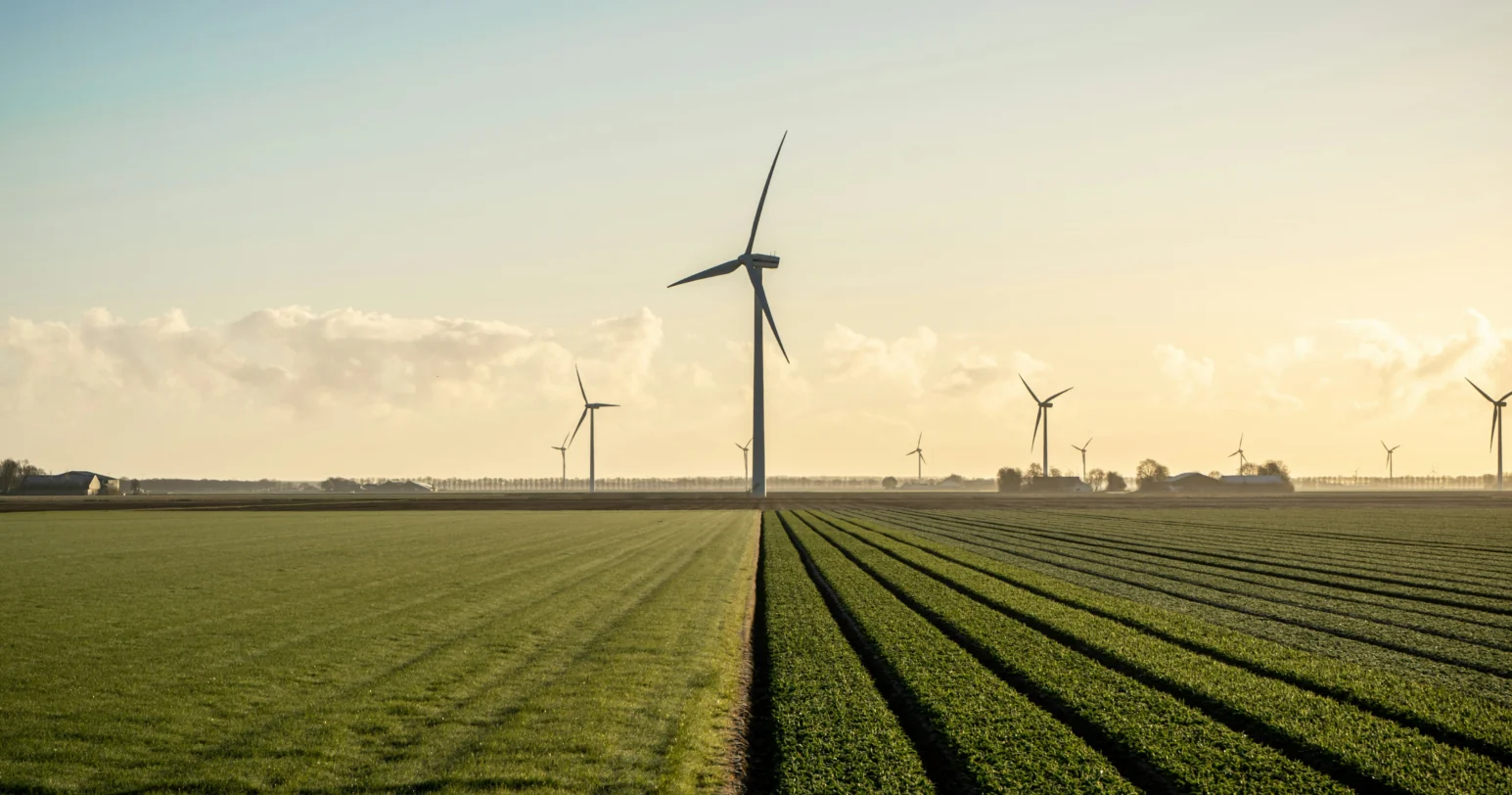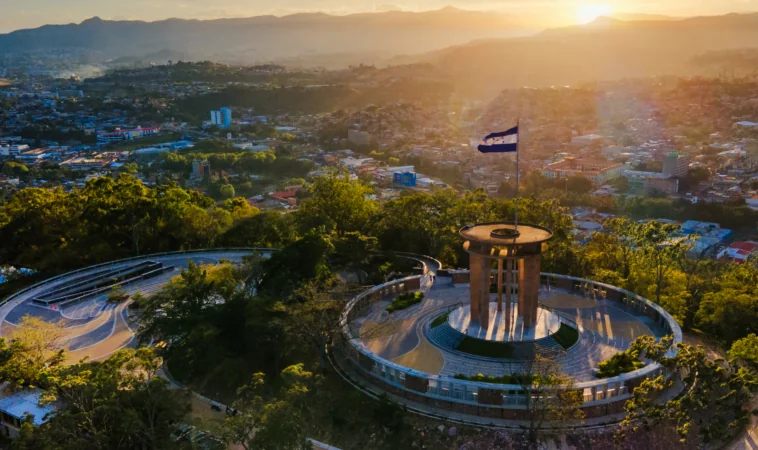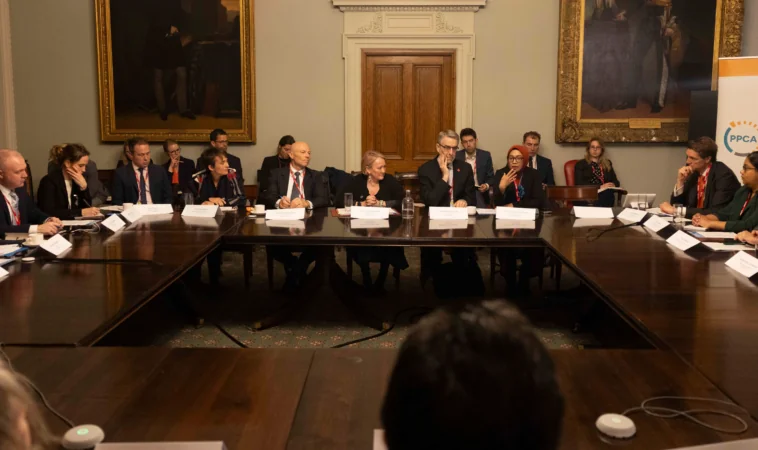
Phasing out coal power is a critical step in meeting the COP28 commitment to ‘deep, rapid and sustained reductions in greenhouse gas emissions in line with 1.5 °C pathways’. However, to accelerate coal phase-out at the rate required, both national and regional governments will come up against significant challenges in a unique array of circumstances.
The Decarbonization Twinning Initiative—a collaboration between the Southeast Asia Energy Transition Partnership (ETP) and the Powering Past Coal Alliance (PPCA)—is a pioneering effort to facilitate dialogue between subnational governments looking to accelerate the phase-out of coal power. By linking participants with shared ambitions but unique challenges, the initiative aims to drive substantial change through knowledge exchange, institutional transformation, and the practical implementation of coal phase-out plans.
Through this initiative, the ETP and PPCA seek to empower regions in Indonesia, the Philippines, and Vietnam to transition away from coal dependency by creating “twinning” partnerships with other regions around the world facing similar decarbonisation challenges. The initiative will bring together international expertise and local contexts, creating partnerships that tackle the challenges of coal phase-out together.
How the Twinning Initiative Works
For the first phase of the project, the initiative will focus on twinning arrangements for subnational entities. The second phase will also be opened for private companies.
Subnational governments are essential to a successful energy transition. While national-level policies and programs provide overarching direction, their broad scope often necessitates lengthy implementation. Subnationals, such as states, provinces, or cities, can effectively bridge energy transition targets and on-the-ground action. Their inherent advantages include deeper community engagement, more manageable scope, and greater flexibility to adopt diverse approaches.
Each target subnational from Indonesia, Philippines, and Vietnam will be paired with a PPCA member counterpart to form a knowledge-sharing partnership. PPCA member sub-nationals will serve as mentors, sharing their decarbonization expertise with target subnationals. In return, mentors will gain valuable insights into these emerging markets, creating new collaboration opportunities. The project will provide a decarbonization advisor who will support each partnership by designing and facilitating knowledge exchange activities.
Potential exchange formats include:
- Study tours
- Dialogues
- Technology transfer workshops
Each twinning arrangement has the potential to be structured around three central themes:
- Technology and Innovation – Introduction of new technologies, tools, or strategies including the transfer of relevant operational knowledge.
- Decarbonization Roadmapping – Co-developing a time-bound, implementable decarbonisation roadmap, identifying relevant strategies or technologies required to deliver it.
- Low-Carbon Governance and Policy – Specific to subnational governments, the output could be a low carbon policy, program, a just transition strategy, or a directive with a high-level implementation roadmap. Forging long-term cooperation, such as “sister cities,” will be encouraged.
The outcomes of these partnerships are meant to be catalytic in setting decarbonisation commitments and in initiating concrete action. The three themes provide an opportunity to explore diverse twinning arrangements and help in defining the desired output from each partnership. This approach will lead to a variety of knowledge products and case studies for wider dissemination.
By connecting more regions, industries, and governments, the initiative has the potential to drive substantial progress in the global push toward a cleaner, more resilient world. Through continued partnerships and shared learning, the Decarbonisation Twinning Initiative promises to amplify global coal phase-out efforts, providing decarbonisation blueprints for regions around the world.




